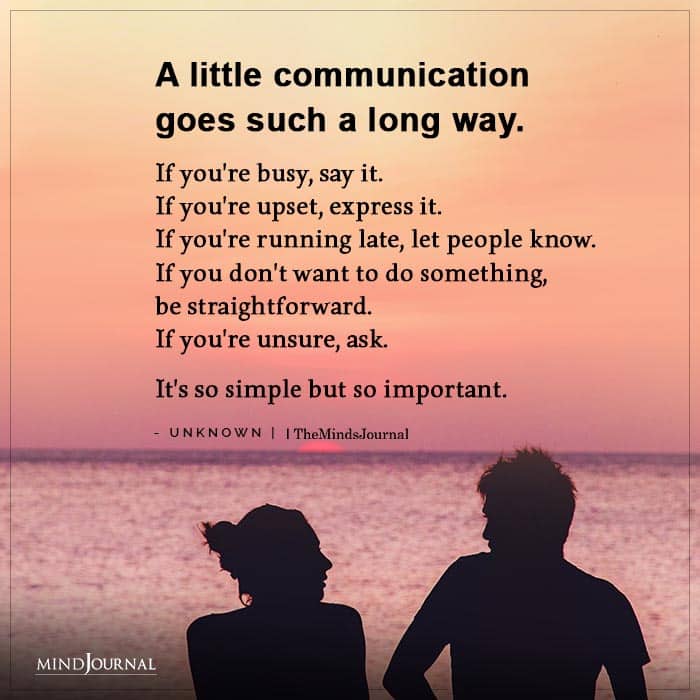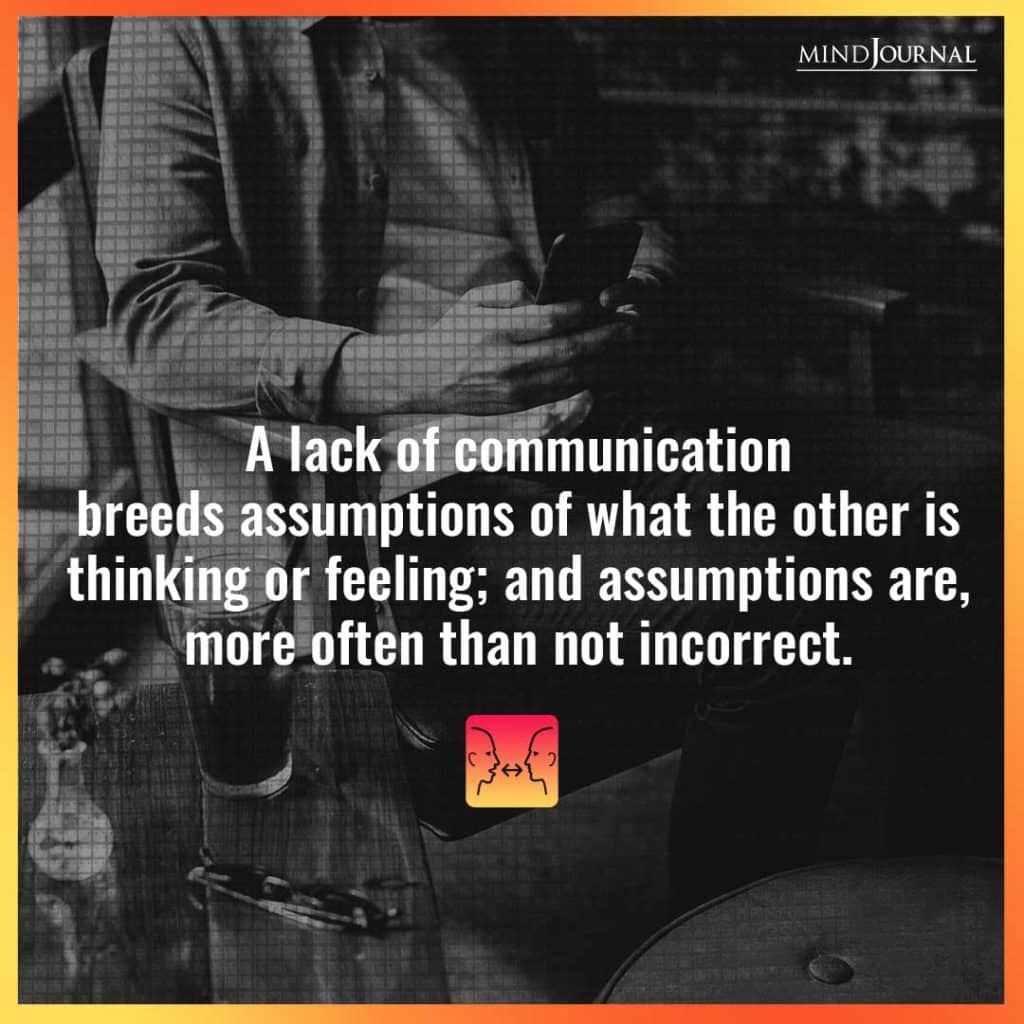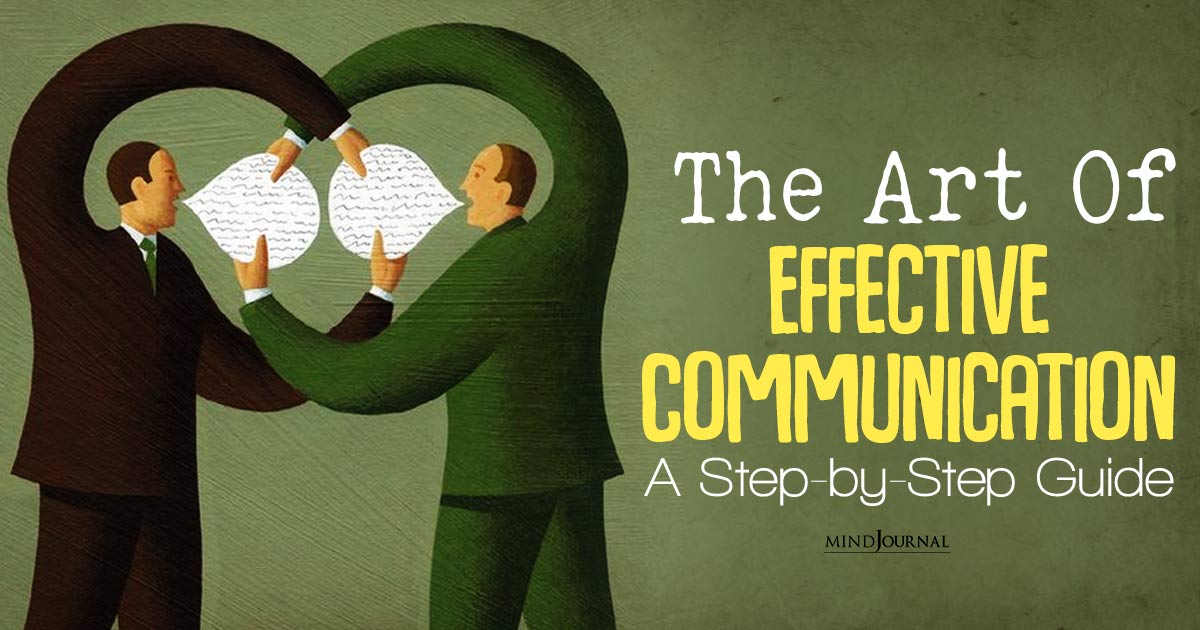Are you looking to improve your communication skills? Whether you’re struggling to get your message across or just want to be a better listener, here’s how to improve communication skills.
From communication breakdown to effective communication
Have you ever found yourself struggling to express your thoughts and ideas effectively? Or perhaps you feel like people are not really hearing what you’re trying to say? Don’t worry, you’re not alone.
In today’s fast-paced and interconnected world, effective communication skills are more important than ever. Whether you’re a student, a professional, or just someone who wants to be better understood, learning how to communicate effectively can make all the difference in your personal and professional life.
But what do we even mean by effective communication?
Effective communication is the process of exchanging ideas, thoughts, and information in a way that is clear, concise, and easily understood by the listener or audience. It involves not only speaking and writing effectively, but also listening actively and understanding the perspective of the other person.
Related: 17 Hand Gestures That Can Improve Your Communication
Effective communication can help to build stronger relationships, foster mutual understanding, and avoid misunderstandings or conflicts. It can be used in various settings, such as personal relationships, business or professional contexts, and social interactions.
So, are you ready to take your communication skills to the next level? Today we are going to explore how to increase communication skills that will help you become a master communicator. Let’s dive in!

10 Ways to improve communication skills
Communication is a basic necessity for positive human interaction. The ability to understand others and express ourselves clearly is key to success in both our personal and professional lives. Fortunately, learning how to improve communication skills is actually not as difficult as one may think.
Here are 10 simple ways to communicate better with anyone and everyone –
1. Listen actively
Great communicators are also great listeners. Practice by paying full attention when others speak, maintaining eye contact, asking relevant questions, and providing feedback to show you understand.
2. Speak clearly
Slow down your speech, enunciate your words, and speak at an appropriate volume. When you learn to communicate better through clearer speech, others find it easier to understand and engage with you.
3. Make eye contact
Look people in the eyes when speaking to build trust, demonstrate sincerity, and hold attention. Eye contact is a powerful yet simple way to learn how to increase communication skills.
4. Use body language
Smile, nod in agreement, and use appropriate gestures to reinforce your speech and show others you are engaged in the conversation. Body language is a nonverbal part of learning effective ways to communicate better.
Related: Power-Packed Body Language Tips For Making A Killer First Impression
5. Avoid filler words
Minimize “ums” and “uhs” in speech by pausing briefly instead. Filler words indicate a lack of confidence in your communication and lead to communication breakdown.
6. Ask open-ended questions
Instead of questions with yes/no answers, ask questions that begin with “what,” “why,” or “how” to invite meaningful responses and keep conversations going. This is a crucial part of how to improve communication skills.
7. Express empathy
Put yourself in others’ shoes by reflecting on their feelings and perspectives. This shows you care and encourages openness, both of which are crucial to improve communication skills.
8. Monitor tone of voice
Speak at an even pace, with appropriate inflection and volume to convey that you are interested, engaged, and care about what others have to say. Tone of voice greatly impacts your ability to learn how to improve communication skills.
Related: Why Does the Tone of Your Voice Makes Such a Difference
9. Practice active listening
Repeating key points, paraphrasing, and asking for clarification are techniques that help master effective communication skills by ensuring you truly understand what is being said.
10. Be concise
Get to the point, avoid redundancy, and trim unnecessary words to make the most of every opportunity to speak. Concise communication shows confidence and efficiency – both vital parts of effective communication skills and avoiding communication breakdown.
These are the top 10 ways to improve communication skills. But do you want some more tips on how to improve communication skills? We’ve got you covered.

How to improve communication skills
Here are some more ways to improve communication skills and master effective communication skills –
11. Avoid distractions
In order to communicate effectively, it’s important to minimize distractions. Put away your phone, turn off the TV, and focus on the conversation at hand.
12. Practice active speaking
Active speaking involves using words and phrases that encourage the other person to engage in the conversation. For example, instead of saying “I don’t know,” try saying “What do you think?”
13. Seek feedback
One of the best ways to improve your communication skills is to seek feedback from others. Ask for their honest opinions on how you communicate, and use their suggestions to improve.
14. Practice, practice, practice
Like any skill, communication takes practice. Make an effort to communicate more effectively in all areas of your life, from social interactions to work meetings.
15. Read and write
Reading and writing are both great ways to improve your communication skills. By reading material from a variety of sources, you can expand your vocabulary and learn new ways of expressing yourself. This is how to improve communication skills.
16. Take a course
Consider taking a course or workshop on communication skills. Many organizations offer training in communication skills, and it can be a great way to learn new techniques and get feedback from experts.
17. Focus on storytelling
Storytelling is a powerful tool that captivates attention and leaves a lasting impression. Whether in personal or professional settings, weave narratives that engage your listeners and evoke emotions.
Craft compelling stories with a clear beginning, middle, and end, and watch as your communication skills captivate and inspire others.
18. Embody authenticity and confidence
Authenticity breeds trust and fosters genuine connections. Embrace your unique voice and speak from the heart. Be confident in your ideas and beliefs, as confidence is contagious and inspires others to listen attentively.
Related: 6 Ways To Improve Communication In A Relationship
By implementing these tips on how to improve communication skills in your daily life, you can become a more effective communicator and achieve your goals with greater ease. Remember, communication is a two-way street, so always strive to listen actively and speak clearly.
With practice and dedication, you can master the art of communication and make a positive impact on those around you.










Leave a Reply